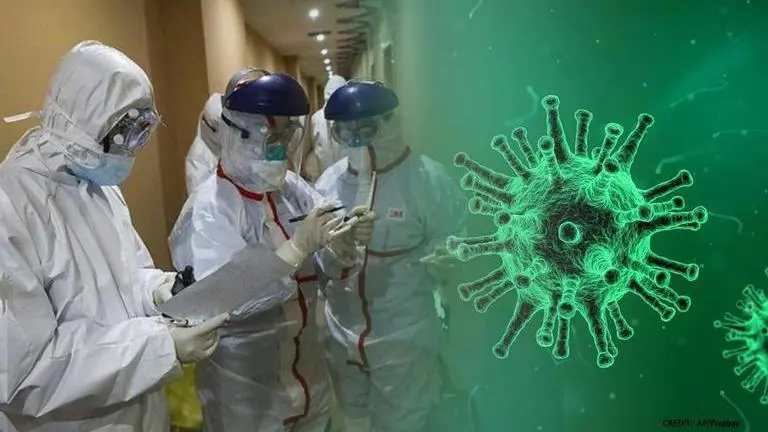Updated 25 January 2021 at 16:21 IST
COVID-19: What made the virus mutate and evolve? What do the experts say?
The emergence of new strains of the novel coronavirus has worried the governments and scientists worldwide as the variants are deemed more infectious.
- World News
- 3 min read

The emergence of new strains of the novel coronavirus has worried the governments and scientists worldwide as the variants are deemed more infectious. The coronavirus was first reported in China in 2019, spread to all parts of the world as global COVID-19 cases are nearing the grim milestone of 100 million. Even though it is a well-known fact that viruses mutate, SARS-CoV-2, the virus that causes COVID-19 has become more transmissible with experts still investigating how it became more infectious.
The viruses replicate and mutate in order to survive but it also comes with tiny genetic coding errors. However, most are inconsequential but the ones that originated in South Africa, UK, Brazil can end up having a more decisive new advantage to the novel coronavirus. Recently, some striking evolution of the virus has been observed by scientists.
What makes the coronavirus evolve and mutate?
Basically, the mutations among viruses work in a similar manner natural selection has shaped the evolution of humans, plants, and all living things on the planet. While the human system’s job is to kill the foreign body that enters the system, it is the virus’ job to evade the immune system and create more copies of itself. The key changes that make the virus more habitable inside the host’s body tend to move from one generation to another whereas the ones that make it difficult for the virus to spread to another host, tend to be lost in the process. Therefore, the more it spreads, the more it can explore its capabilities to be more transmissible. hence, the only way to stop the mutations to occur is to limit its spread.
Advertisement
Advertisement
Emma Hodcroft, an epidemiologist at the University of Bern has reportedly noted that when the number of infections across the globe escalates, it gives the viral pathogen more “opportunities to get into weird situations”. She further said that even though most of the circumstances lead nowhere for the virus, but more cases imply more transmissions with further maximises the chances of a significant mutation to take place. The key, according to the expert, is to keep the number of COVID-19 cases low in order to “restrict the virus's playground.”
Even though the mutations of the COVID-19 variants do not make the disease deadlier, US top infectious disease expert, Dr. Anthony Fauci has reportedly said, “If you have a virus that's more transmissible, you're going to get more cases. When you get more cases, you're going to get more hospitalizations, and when you get more hospitalizations, you ultimately are going to get more deaths". Dr Monica Gandhi, a professor of medicine at the University of California, San Francisco has also noted that the longer virus circulates among human beings, “the longer it has to mutate”. So far, scientists have concluded that the vaccines against the novel coronavirus are also effective on the variants.
Published By : Aanchal Nigam
Published On: 25 January 2021 at 16:21 IST
